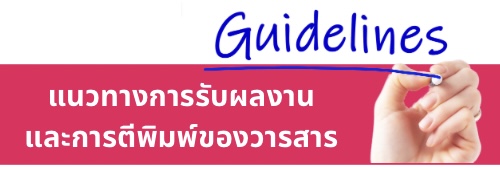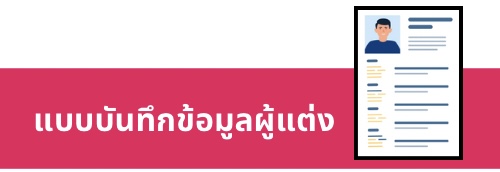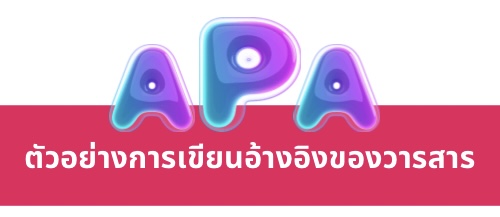จิตตปริเขต : วัตถุประสงค์เชิงพฤติกรรมและเกณฑ์การประเมินในคลินิก
คำสำคัญ:
จิตตปริเขต, วัตถุประสงค์เชิงพฤติกรรม, เกณฑ์การประเมินผลในคลินิกบทคัดย่อ
จุดมุ่งหมายทางการศึกษา 3 ด้าน ได้แก่ พุทธิปริเขตหรือสติปัญญา จิตตปริเขตหรือจิตใจ และทักษะปริเขตหรือการปฏิบัติ จัดเป็นการพัฒนาการเรียนรู้ของผู้เรียนที่ครบถ้วน อย่างไรก็ตาม ตัวอย่างการวัดและประเมินผลการเรียนรู้ของผู้เรียนในด้านสติปัญญาและการด้านทักษะการปฏิบัติเป็นสิ่งที่คุ้นเคยและจับต้องได้ แต่การวัดและประเมินผลทางด้านจิตใจของผู้เรียน เช่น การตระหนักรู้ การรับรู้ในคุณค่า ความรู้สึกรับผิดชอบในการเรียนรู้ เป็นสิ่งที่ค่อนข้างยาก เมื่อเทียบกับด้านสติปัญญาและทักษะการปฏิบัติ เพราะทั้ง 3 ด้านนี้ไม่สามารถแยกออกจากกันได้ บทความนี้จึงมีจุดมุ่งหมายเพื่อยกตัวอย่างวัตถุประสงค์เชิงพฤติกรรม และเกณฑ์การประเมินในจุดมุ่งหมายทางการศึกษาด้านจิตตปริเขตตามแนวคิดของ Krathwohl, Bloom, and Macia (1964) เพื่อเป็นแนวทางให้ผู้สอนทางการพยาบาลในคลินิกได้นำไปปรับใช้ให้สอดคล้องกับผลลัพธ์การเรียนรู้ที่คาดหวังต่อไป
Downloads
เอกสารอ้างอิง
Bloom, B., Englehart, M., Furst, E., Hill, W., & Krathwohl, D. (1956). Taxonomy of educational objectives: The classification of educational goals, handbook I: Cognitive domain. New York, NY, Toronto: Longmans, Green.
Keskomon, T., & Sanee, P. (2015). The cognitive domain of educational objectives, item difficulty indices, item discrimination indices and distracter analysis in multiple choice questions in professional education courses, bachelor of nursing science program, Police Nursing College, academic year 2013. Journal of the Police Nurses, 7(1), 1-14.
Krathwohl, D. R., Bloom, B. S., & Masia, B. B. (1964). Taxonomy of educational objectives: The classification of educational goals, hand book II: Affective domain. New York, NY: David Mckay Company In corporated.
Laeheem, K. (2014). Are the affective domain characteristics related to students’ academic achievement? Journal of Social Sciences and Humanities Research, 20(2), 221-243.
Ministerial Regulations. (2022). National qualification standards for higher education B.E. 2565. Retrieved from https://www.ratchakitcha.soc.go.th/DATA/PDF/2565/A/020/T_0028.PDF
Reilly, D. E. (1980). Behavioral objectives-evaluation in nursing (2nd ed.). New York, NY: Appleton-Century-Crofts.
Reilly, D. E., & Oerman, M. H. (1999). Behavioral objectives: Evaluation in nursing (3rd ed.). New York, NY: National League for Nursing.
Thong-Uthai, U. (1980). Taxonomy of educational objectives: The classification of educational goals, hand book II: Affective domain from Krathwohl, Bloom, & Masia (translated in Thai language).
Wudhiwong, K. (2020). The cultivation of ethics and professional ethics among nursing students: An approach for nurse preceptors. Journal of Nurses Association of Thailand Northern Office, 26(1), 66-75.

ดาวน์โหลด
เผยแพร่แล้ว
รูปแบบการอ้างอิง
ฉบับ
ประเภทบทความ
สัญญาอนุญาต
ลิขสิทธิ์ (c) 2022 วารสารพยาบาลตำรวจ

อนุญาตภายใต้เงื่อนไข Creative Commons Attribution-NonCommercial-NoDerivatives 4.0 International License.
ผลงานที่ได้ตีพิมพ์แล้วจะเป็นลิขสิทธิ์ของวารสารพยาบาลตำรวจ














